Dennis Zielke & Manuel Schettler
Composable Intelligence: How Henkel and Microsoft Are Shaping the Agent Ecosystem
#1about 5 minutes
Understanding Henkel's need for AI agent behavior
The vast scale of Henkel's product catalog across global markets creates complex knowledge management challenges that AI agents can help solve.
#2about 2 minutes
Differentiating AI agents from traditional chatbots
AI agents are defined by their ability to make semi-autonomous decisions, decompose problems, and proactively use memory and tools, unlike reactive chatbots.
#3about 2 minutes
How Henkel and Microsoft collaborate on AI innovation
The partnership combines Microsoft's technology push with Henkel's market pull to identify valuable business problems and co-develop innovative AI solutions.
#4about 3 minutes
Core principles for building a composable agent platform
The platform is built on principles of governed autonomy, composability, distributed architecture, and open standards to ensure flexibility and scalability.
#5about 4 minutes
Exploring the layered architecture of the RAQN platform
The RAQN platform architecture consists of a cloud foundation, core building blocks like workflow and memory, and an enablement layer focused on developer experience.
#6about 2 minutes
Overcoming challenges with context and complex data
Building effective agents requires moving beyond simple prompt engineering to systems that can integrate structured and unstructured data using knowledge graphs and memory.
#7about 2 minutes
Using open standards for agent interoperability
Open protocols like MCP for data, A2A for communication, and OIDC for identity are crucial for creating a discoverable and interoperable ecosystem of agents.
#8about 5 minutes
Applying distributed systems principles to AI agents
Proven software engineering practices like the 12-factor app methodology and resiliency patterns are adapted to build robust and scalable agent-based systems.
#9about 1 minute
Key learnings on data, frameworks, and user adoption
The primary challenges in deploying agent solutions are overcoming poor data quality, navigating immature frameworks, and aligning advanced capabilities with user expectations.
Related jobs
Jobs that call for the skills explored in this talk.
Wilken GmbH
Ulm, Germany
Senior
Amazon Web Services (AWS)
Kubernetes
+1
ROSEN Technology and Research Center GmbH
Osnabrück, Germany
Senior
TypeScript
React
+3
Matching moments

04:30 MIN
Assessing customer excitement and enterprise AI adoption
Architecting the Future: Leveraging AI, Cloud, and Data for Business Success
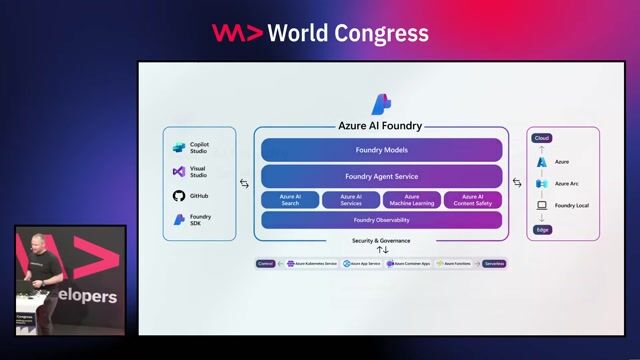
01:26 MIN
Exploring the Azure AI Foundry Agent Service
Agentic AI - From Theory to Practice: Developing Multi-Agent AI Systems on Azure
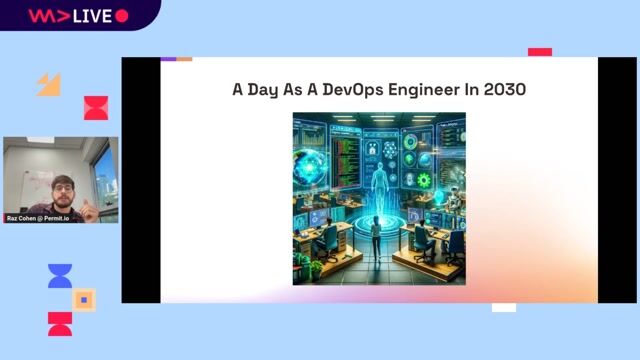
16:49 MIN
Q&A on AI adoption, tools, and challenges
Navigating the AI Wave in DevOps
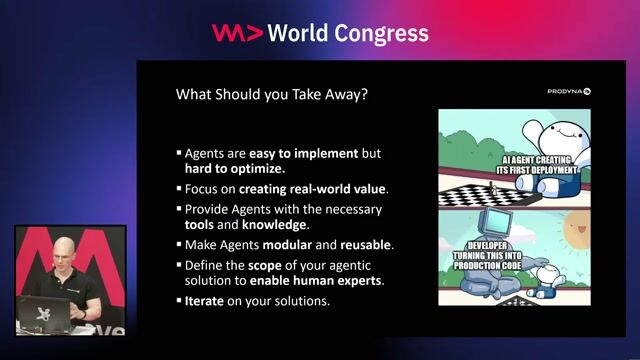
02:40 MIN
Key takeaways for implementing AI agent solutions
Infrastructure as Prompts: Creating Azure Infrastructure with AI Agents
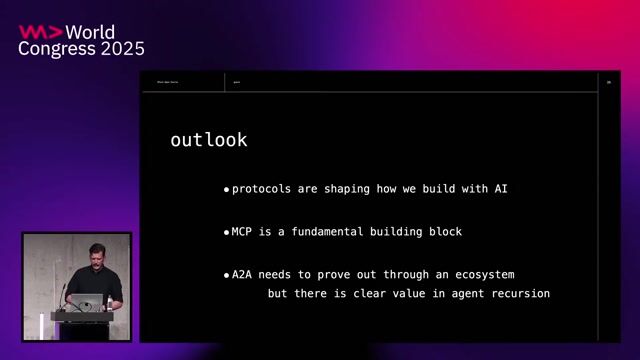
01:20 MIN
The future of AI protocols and agent ecosystems
From A2A to MCP: How AI’s “Brains” are Connecting to “Arms and Legs”
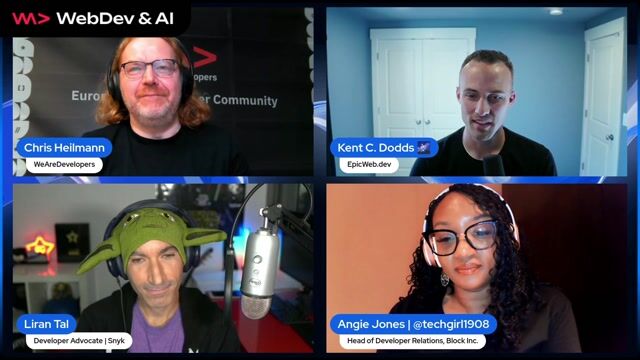
02:32 MIN
Future outlook on AI agents and open standards
Exploring AI: Opportunities and Risks in Development
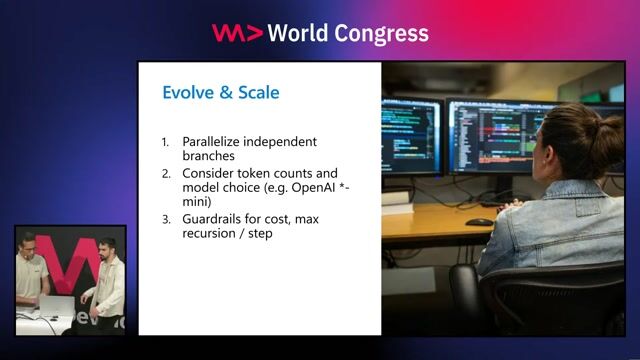
07:19 MIN
Demo of an agentic system for Azure architecture design
Rethinking Workflows in the Agentic Era
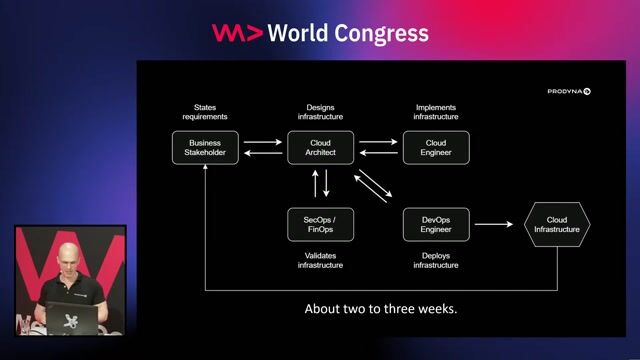
03:22 MIN
How AI agents can accelerate infrastructure deployment
Infrastructure as Prompts: Creating Azure Infrastructure with AI Agents
Featured Partners
Related Videos
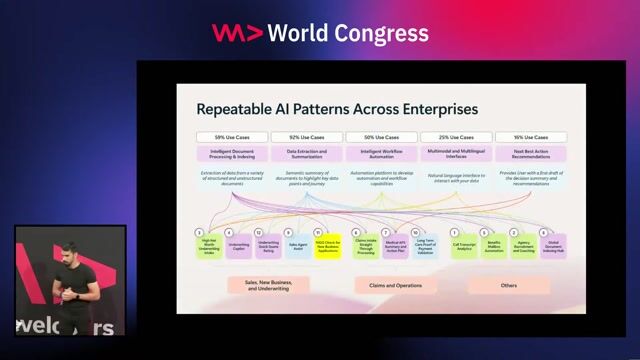 23:39
23:39Building Blocks for Agentic Solutions in your Enterprise
Dennis Zielke & Rene Pajta
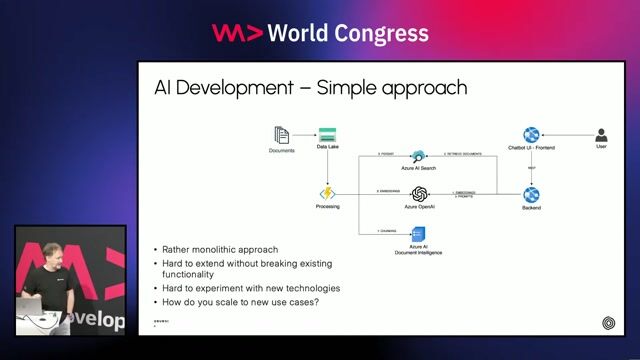 23:33
23:33Azure AI Foundry for Developers: Open Tools, Scalable Agents, Real Impact
Oliver Will
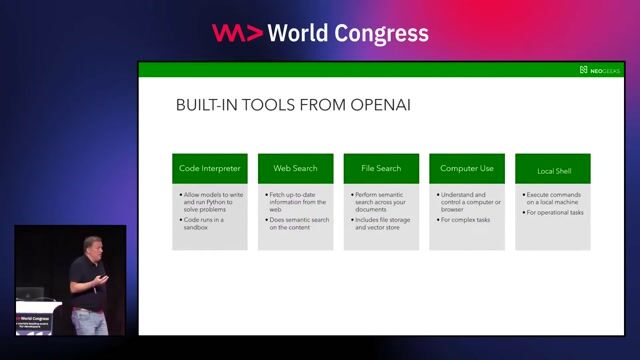 29:03
29:03On a Secret Mission: Developing AI Agents
Jörg Neumann
 29:00
29:00AI in Action: Real Use Cases with Real Impact - Hanna Hennig, Michael Ameling, Tobias Regenfuss
Hanna Hennig, Michael Ameling & Tobias Regenfuss and Mike Butcher
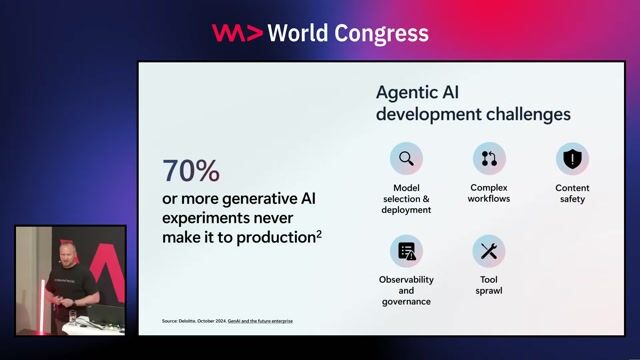 26:35
26:35Agentic AI - From Theory to Practice: Developing Multi-Agent AI Systems on Azure
Ricardo
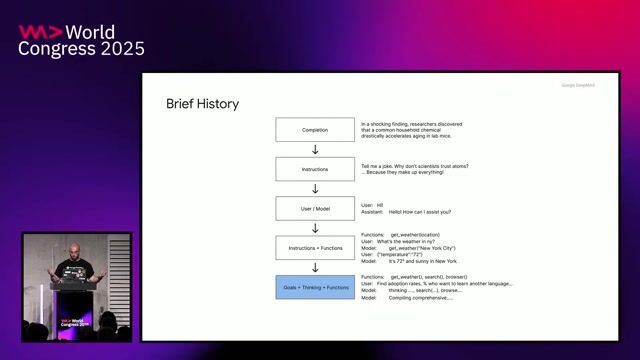 24:22
24:22Beyond Chatbots: How to build Agentic AI systems
Philipp Schmid
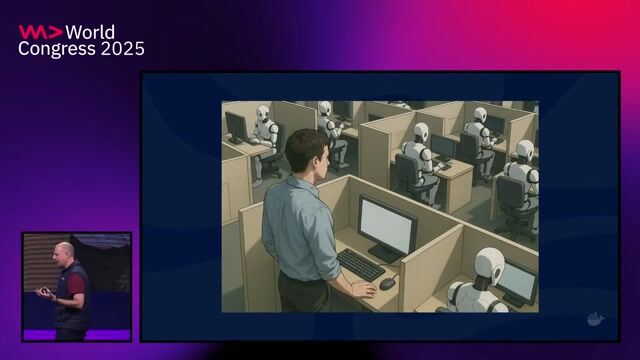 50:09
50:09Compose the Future: Building Agentic Applications, Made Simple with Docker
Mark Cavage, Tushar Jain, Jim Clark & Yunong Xiao
 25:32
25:32Beyond Prompting: Building Scalable AI with Multi-Agent Systems and MCP
Viktoria Semaan
Related Articles
View all articles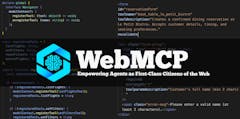



From learning to earning
Jobs that call for the skills explored in this talk.

Communardo GmbH
Schwäbisch Hall, Germany
€60-85K
Azure
PyTorch
TensorFlow
Software Architecture

Communardo GmbH
Schwäbisch Hall, Germany
€60-85K
Azure
PyTorch
TensorFlow
Software Architecture

Communardo GmbH
€60-85K
Senior
Azure
PyTorch
TensorFlow
Software Architecture

Communardo GmbH
€60-85K
Senior
Azure
PyTorch
TensorFlow
Software Architecture


autonomous-teaming
München, Germany
Remote
API
React
Python
TypeScript

Hansetherm Gmbh
Hamburg, Germany

